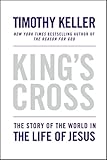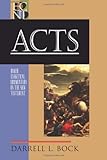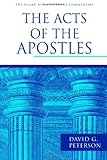This is a great message by Josh Kaufman, best-selling author of The Personal MBA: Master the Art of Business. The encouraging upshot is that acquiring basic proficiency in a skill does not have to take a huge investment of time, but rather can be achieved in about twenty hours — if you do it right. Towards the end, he gives four steps.
I’m sort of getting tired of receiving so much content in my inbox on adapting our work to COVID-19. Nonetheless, Josh’s advice here has a very useful application to our current context. For example, if you do not have a commute because you are working from home, why not take the time you are saving from your commute to learn a new skill?
One reason you might not be doing that is that it can still seem a bit overwhelming. Josh takes that challenge away. He shows you how in just 45 minutes a day, you can develop a valuable new skill in about 30 days. Now that would be a great way to bring yet another silver lining to this unfortunate time in our society right now.
For more guidance, you can also check out his book The First 20 Hours: How to Learn Anything…Fast.





